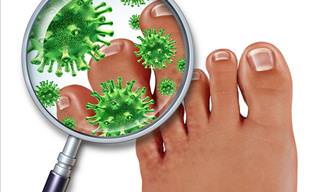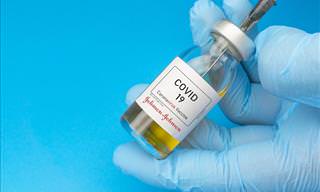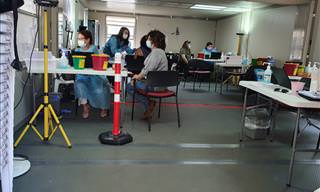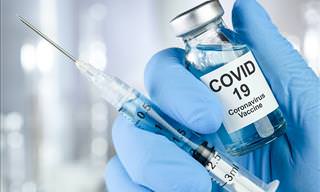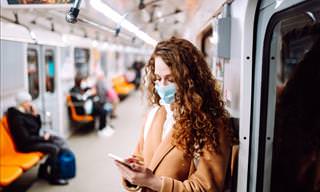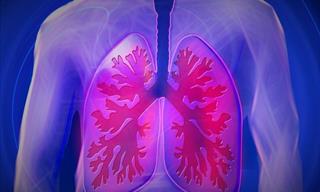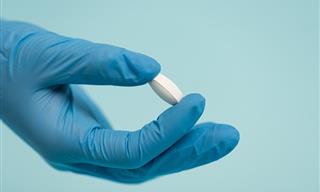It’s safe to assume that by now, all of us are aware of the main ways to keep safe from the novel coronavirus - avoid crowds, wash your hands often and thoroughly, and wear a mask when you have to go outside. Now that cities are starting to reopen, it is by no means the time to let our guard down. On the contrary, you may find yourself in situations that require caution more often. So it is even more crucial to be aware of some lesser-known but practical steps you can take to cut down your risk of getting infected significantly. This list contains five such safety measures, which you may have not been aware of yet.
1. Wear eye protection
It has already become common knowledge that wearing a mask outside is necessary and important, as they cover the mouth and the nose, and thus significantly increase our safety from the coronavirus. What many are still unaware of is that protecting the eyes is just as crucial. A study conducted at John Hopkins University in May explains that if a person with Covid-19 coughs or sneezes near you, the viral droplets could land close to or even in your eyes, enter your body and infiltrate your cells.
As not all of us have access to a PPE face shield, the American Academy of Ophthalmology noted that sunglasses can do the trick as well. They do caution that finer particles can travel around the tops and sides of the lenses, however, wearing them does minimize the risk of infection.
2. Take your shoes off at the door
In a previous article, we laid out the role of shoes in spreading the virus and how to tackle the risk. The CDC recently shared a study that tested the soled of ICU workers’ shoes, and concluded over half of them had traces of the virus on them. While it’s true that if you don’t work in a hospital it's far less far likely that your feet will come in contact with it, the transmission is still possible if you happen to step on spit, gum, or sneeze droplets.
A good habit to adopt in order to lower your risk of infection is to just take off your shoes at the front door and make sure everyone else in the household follows this rule.
3. Keep your home properly ventilated
Scientific American recently pointed out another possible form of transmission besides respiratory droplets - aerosols. These smaller particles can remain suspended in the air and are harder to avoid than larger droplets that fall to the ground, especially indoors. Luckily, there is something to be done about it. Research published in Environment International found that improving ventilation in the home (or public space) can significantly reduce the risk of infection. You may use particle filtration and air disinfection devices, but even simple fixes like keeping your windows open for better airflow can have a positive effect.
4. Wear a mask at home
One study, which is yet to be peer-reviewed, suggests that about 80% of coronavirus cases stemmed from within the household - meaning that if one family member or housemate catches it, your risk of infection spikes. That is good news for those of us living alone, although it may be a source for other problems in these times of isolation. How can you slash your infection risk if you do live with other people? It may sound funny, but weaning a mask inside your home may work wonders to keep you safe. In fact, a BMJ Global Health study found this method to be 79% effective at curbing coronavirus transmissions between family members.
The only catch is, the mask has to be worn before symptoms appear in the first person infected in your household. For that reason, wearing the mask at home is pivotal even if nobody is showing symptoms. This safety measure is becoming especially relevant now that lockdown restrictions are starting to ease, and the likelihood of a person who’s been infected but is unaware is increasing.
5. Having had a cold recently
Catching a cold always feels like a nuisance, but if you have suffered through one recently, it might be an advantage. The common cold is, in fact, a different type of coronavirus. When our body is fighting to recover from cold, it produces T cells - A type of white blood cell that is of key importance to the immune system and is at the core of adaptive immunity. The T cells target and kill infected host cells of the pathogen, activate other immune cells, and regulating the immune response. After recovering from a cold, some of those soldier cells are often still present, and they may promote “cross-reactive” antiviral immunity for Covid-19. Obviously, you cannot control whether or not you catch a cold, but it is still valuable information and a silver lining in an otherwise unpleasant situation.
 Go to BabaMail
Go to BabaMail








